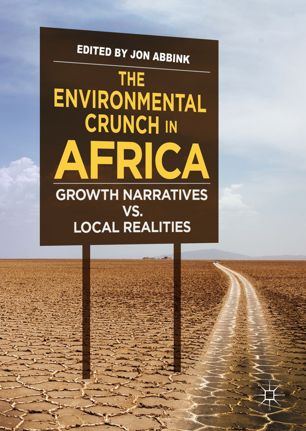

Most ebook files are in PDF format, so you can easily read them using various software such as Foxit Reader or directly on the Google Chrome browser.
Some ebook files are released by publishers in other formats such as .awz, .mobi, .epub, .fb2, etc. You may need to install specific software to read these formats on mobile/PC, such as Calibre.
Please read the tutorial at this link. https://ebooknice.com/page/post?id=faq
We offer FREE conversion to the popular formats you request; however, this may take some time. Therefore, right after payment, please email us, and we will try to provide the service as quickly as possible.
For some exceptional file formats or broken links (if any), please refrain from opening any disputes. Instead, email us first, and we will try to assist within a maximum of 6 hours.
EbookNice Team

Status:
Available5.0
38 reviewsThis book discusses the problems and challenges of environmental–ecological conditions in Africa, amidst the current craze of economic growth and ‘development’. Africa’s significant economic dynamics and growth trajectories are marked by neglect of the environment, reinforcing ecological crises. Unless environmental–ecological and population growth problems are addressed as an integral part of developmental strategies and growth models, the crises will accelerate and lead to huge costs in later years.
Chapters examine multiple emerging tension points all across the continent, including the potential benefits and harm of growing urban-based ecotourism, the trajectory of labour-saving technologies and the problems facing agro-pastoralism. Although environmental management and sustainability features of African rural societies should not be idealized, functional 'traditional' economies, interests and management practices are often bypassed, seen by state elites as inefficient and inhibiting 'growth'. In many regions the seeds are now sown for lasting environmental crises that will affect local societies that have rarely been given opportunity to claim accountability from the state regimes and donors driving these changes.